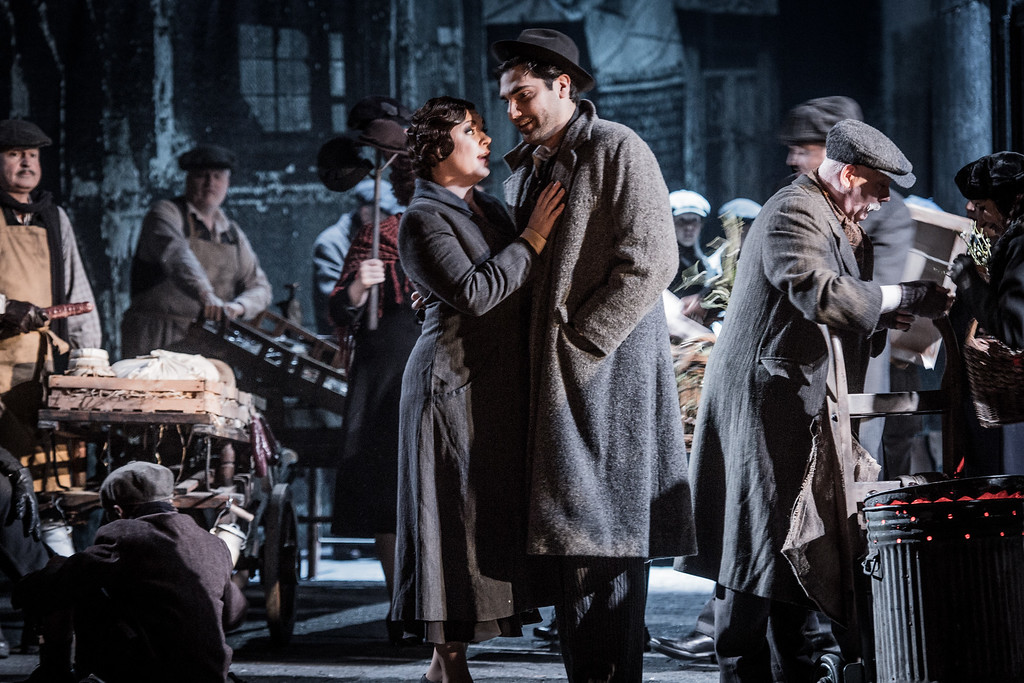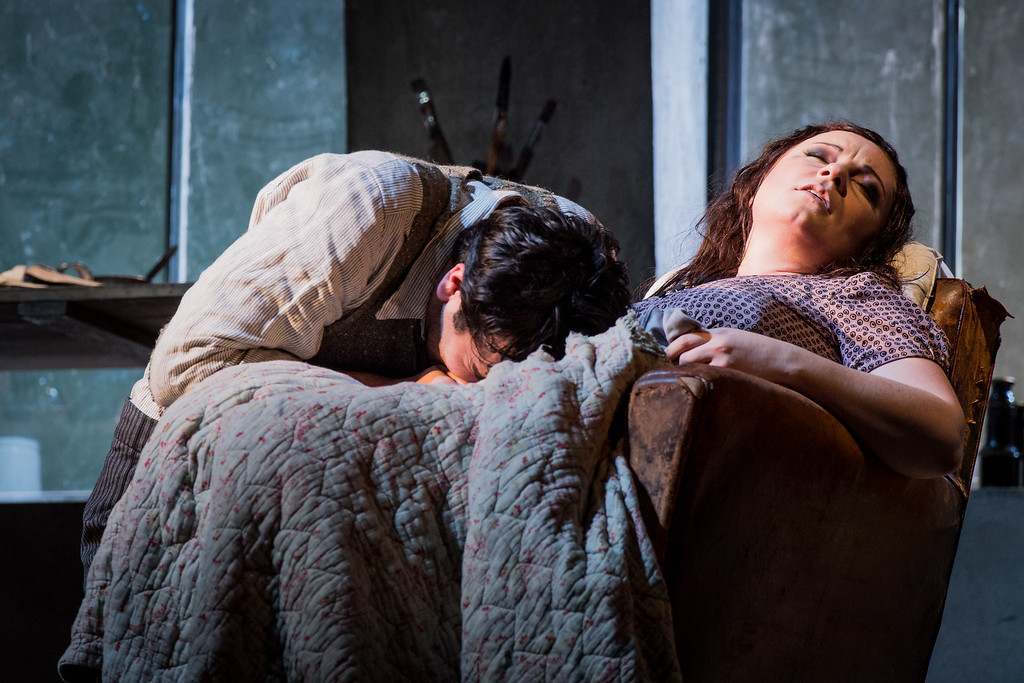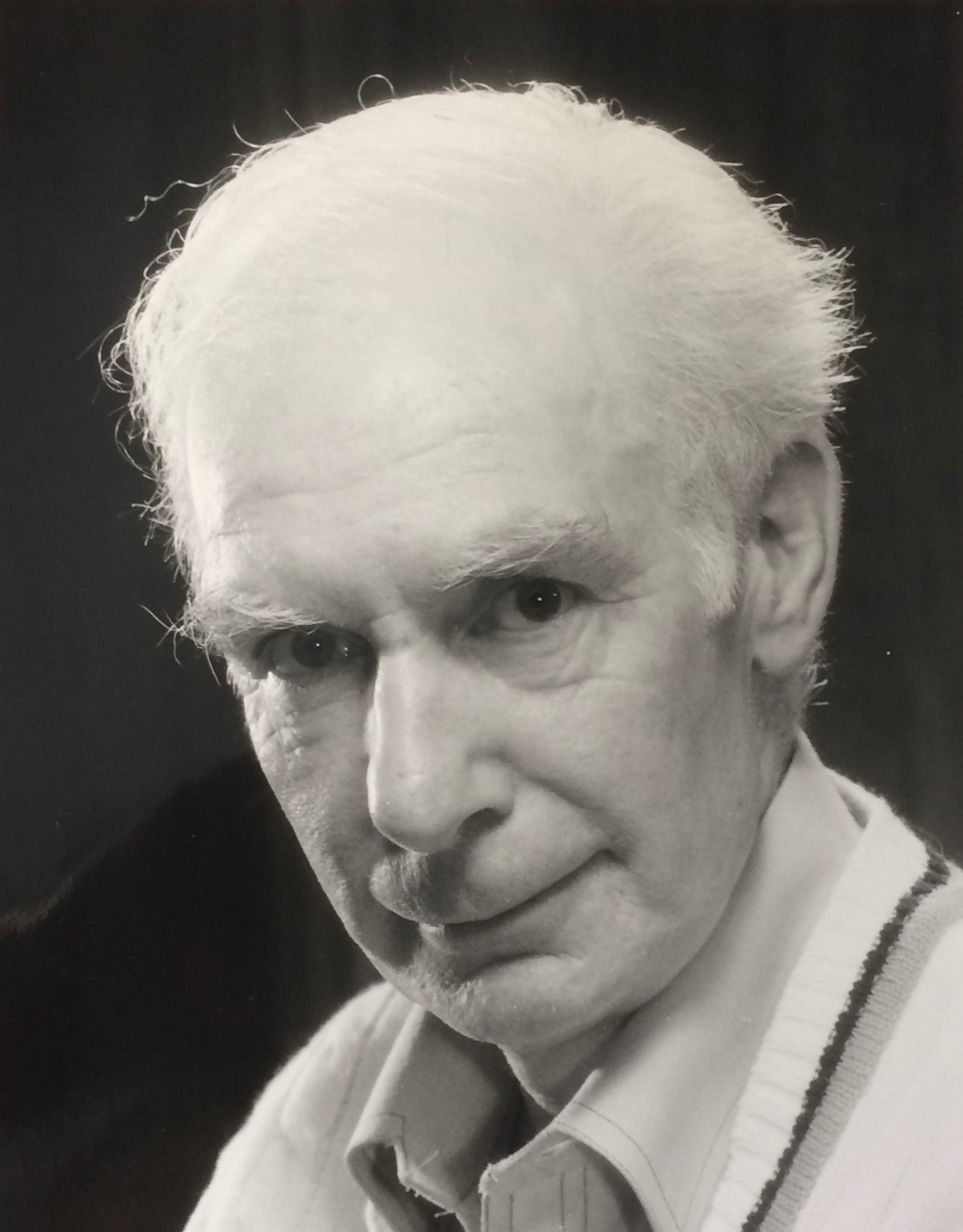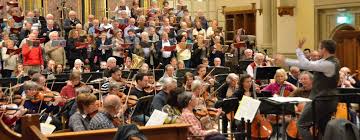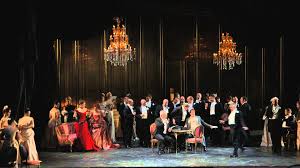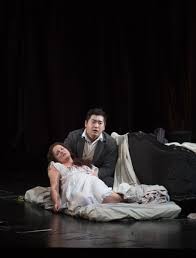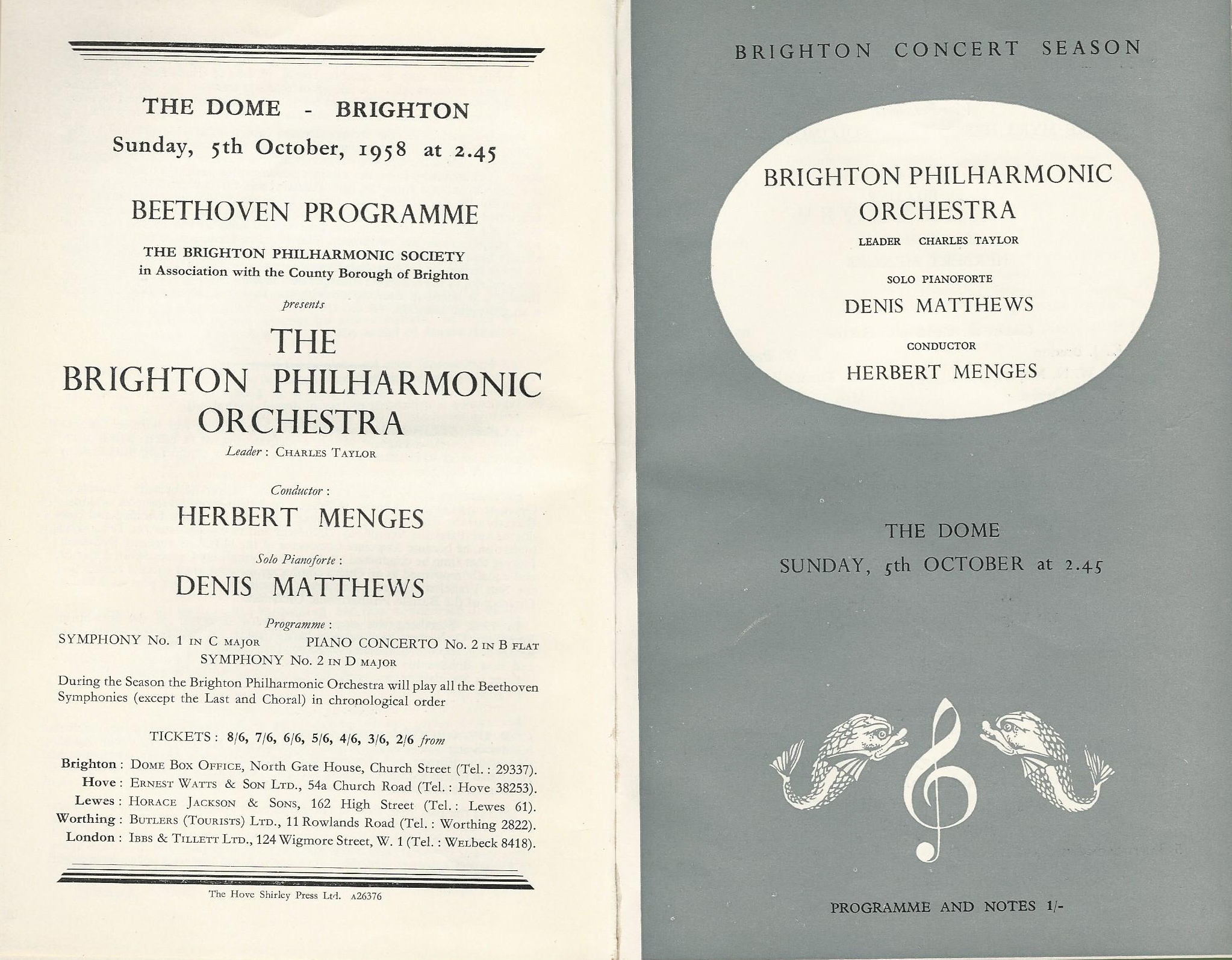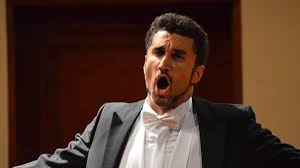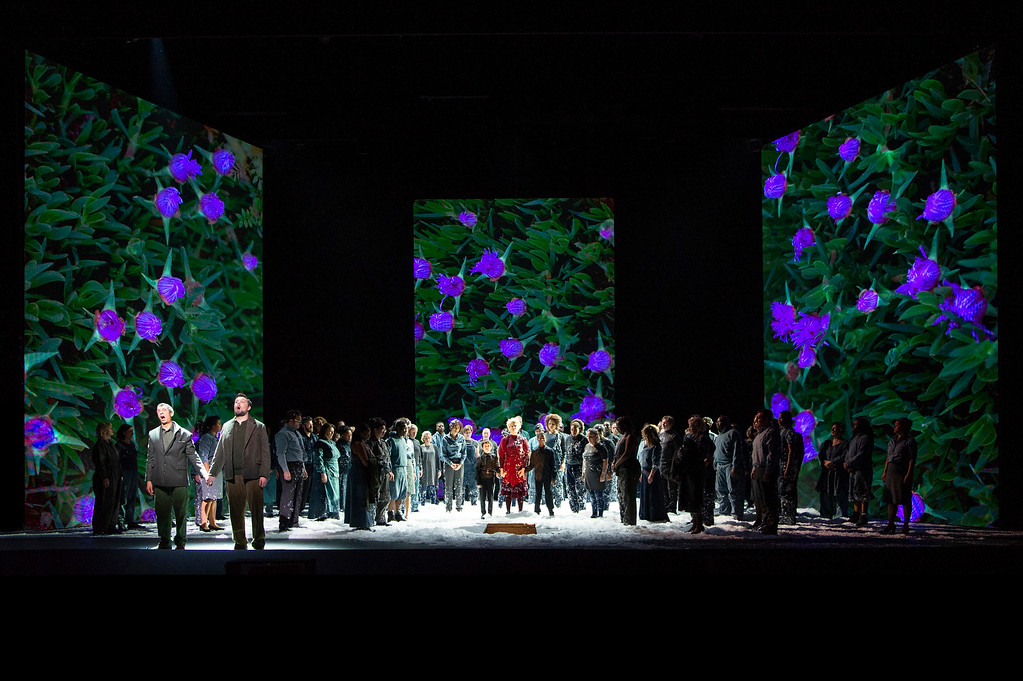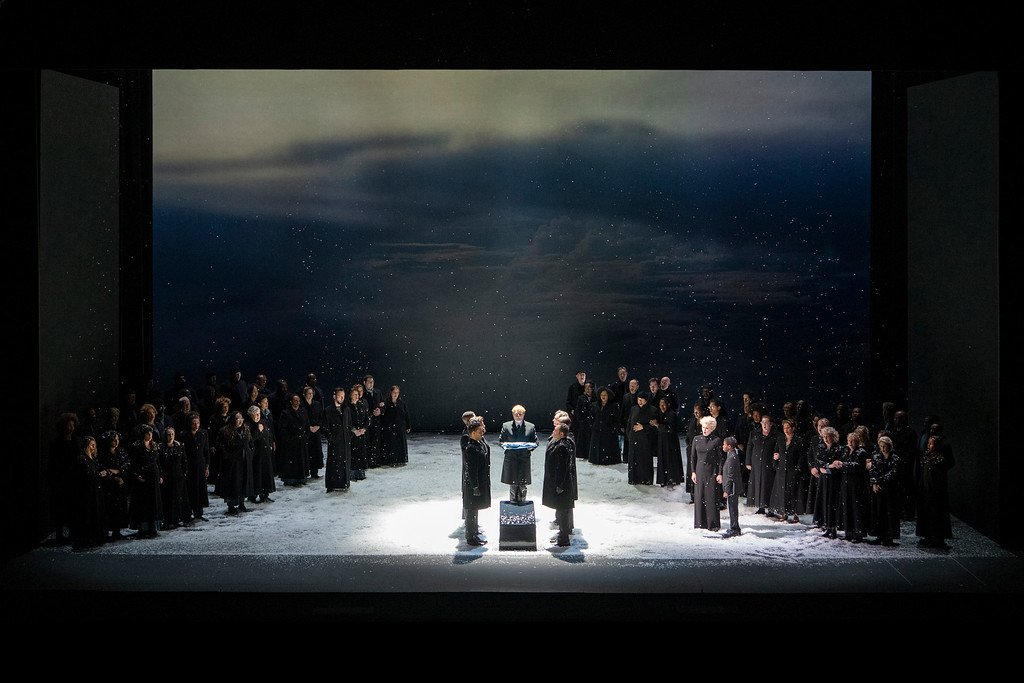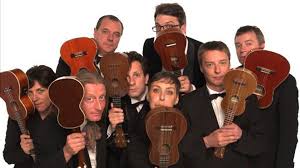London Coliseum, Monday 26 November 2018
Jonathan Miller’s production of La Boheme has always impressed for the vitality of its staging and the simplicity of its story telling. When this is combined with young singers who are totally convincing in their roles it can’t fail to please.
This may be its fourth revival – to say nothing of an ill-fated alternative which was thankfully short-lived – but it comes up as fresh and emotionally truthful as ever. Much of this certainly is down to the casting.
Jonathan Tetelman’s Rodolfo sang heroically throughout, the top firm and rounded, and the voice seemed to blossom as the evening progressed. Added to this, his acting was emotionally convincing at all times, the subtlety of his gestures particularly telling. Let us hope we see him again soon. Natalya Romaniw may be better known to us but was none the less welcome. Her near immobility in the final act was devastating as she literally faded away before our eyes. Earlier she had been more in control of the situation that is often the case, leading Rodolfo out in Act Three where he had almost lost the plot. It was very touching.
Nadine Benjamin’s Musetta uses all her sensuality to promote herself and yet proves to be equally sensitive in the final act. She is strongly partnered by Nicholas Lester’s intelligent Marcello.
Alexander Joel was making his debut in the pit and took the whole evening at a fast pace though it never, ever, seemed rushed. The orchestra responded with enthusiasm and the chorus, as ever, was magnificent in the finely staged second act. Here everything buzzes on stage without ever upstaging the soloists – the sign of an exceptional understanding of stage-craft.
I am sure this is not the last time we will see this splendid production.

